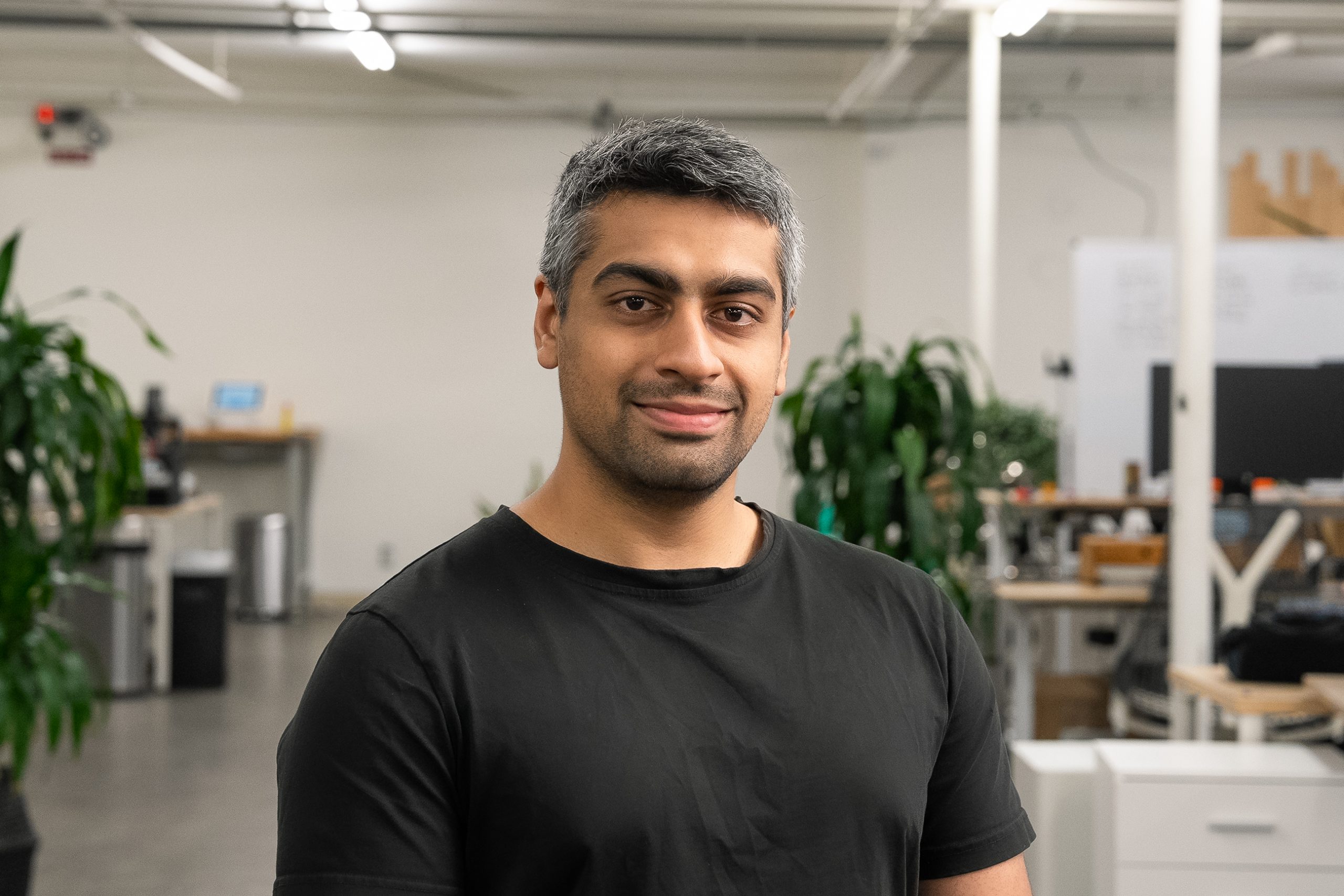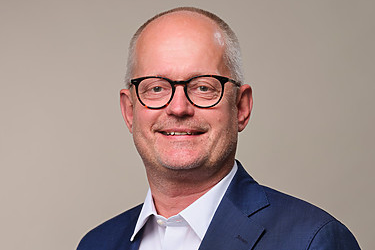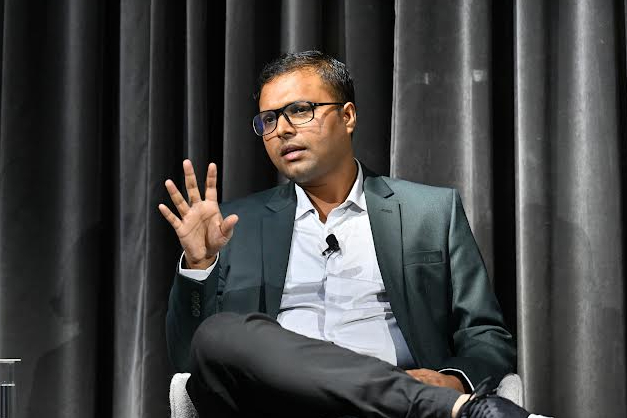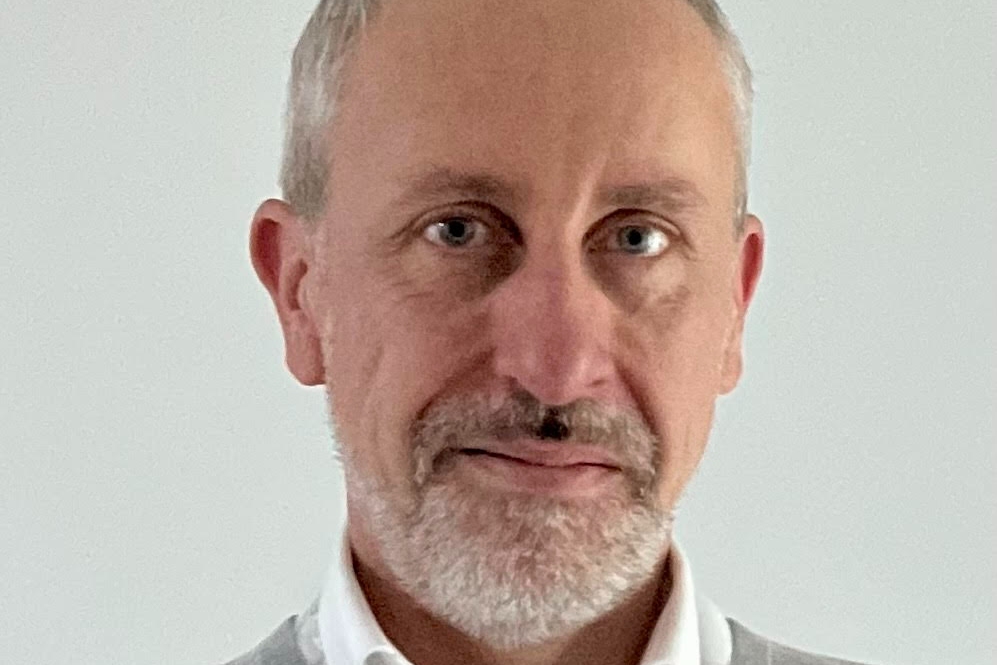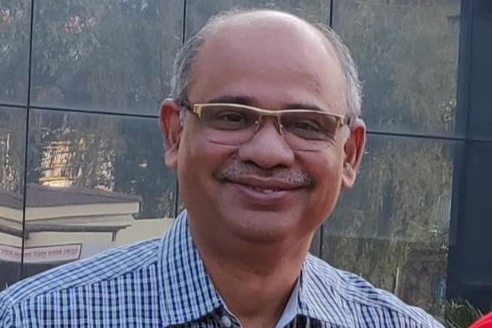
Makarand Kulkarni – Chief Executive Officer of Revalyu Recycling (India) Ltd.
Our recent interaction with Makarand Kulkarni, Chief Executive Officer of Revalyu Recycling (India) Ltd., discusses the company's revolutionary and innovative PET recycling process that recycles used plastic PET bottles into high-quality 100% recycled polyester.Revalyu recycles over 1 billion PET bottles every year
2022-11-17 02:56:05 – IndiaRevalyu Recycling (India) Limited (formerly known as Polygenta Technologies Limited) has commercialized a cost-effective breakthrough chemical plastic bottle recycling technology that chemically recycles post-consumer PET bottles and produces high-quality 100% recycled texturised filament yarn and chips. Revalyu is an IMS - ISO 9001:2015, ISO 14001:2015 and ISO 45001:2018 certified company.
At its Nashik facility, Revalyu Recycling (India) Limited recycles more than 1 billion PET bottles every year and anticipates recycling more than 6 billion PET bottles yearly by the end of 2025. The company has its headquarters in Mumbai, India and has recycled over 5.5 billion bottles to date.
Our recent interaction with Makarand Kulkarni, Chief Executive Officer of Revalyu Recycling (India) Ltd., discusses the company's revolutionary and innovative PET recycling process that recycles used plastic PET bottles into high-quality 100% recycled polyester.
YnFx: What solution does revalyu offer to ensure sustainability in textiles?
Kulkarni: Revalyu has developed a patented chemical recycling technology to recycle post-consumer PET waste into high-quality polymer, which can be further converted into various types of textile yarns like textile grade multifilament, Monofilaments, BCF, high tenacity yarns, and staple fibers. The process can also be used for producing packaging films as well as bottle-grade polymer. The chemical recycling technology developed by the company is not only cost-effective but also produces virgin equivalent products with a very low carbon footprint.
YnFx: What are the company's primary objectives?
Kulkarni: The primary objective is to recycle large quantities of various forms of PET waste into high-value-added products, thereby imparting value to PET waste. Though the initial plant is only in India, now revalyu is looking to have a presence globally.
YnFx: How do you source your raw materials to facilitate the PET recycling process?
Kulkarni: The raw material is sourced mainly from the states of Maharashtra, Gujarat and Karnataka. The bottles are sourced from various vendors who are involved in collecting the bottles. Revalyu works with various aggregators directly. The bottles are cleaned and converted into flakes in the plant of a dedicated supply partner.
YnFx: What sustainable measures has the company taken in the rPET production process?
Kulkarni: The company has finetuned all the energy needs to ensure a reduction in carbon footprint. Revalyu is a signatory to SBTi and is committed to reducing the carbon footprint by 50% by 2030 as compared to 2016. Revalyu has already reduced its carbon footprint by 40%. Revalyu monitors its carbon footprint on a monthly basis and ensures that it is continuously going down.
For the last two years, revalyu has converted to @30% solar energy by opting for i-REC certificates. Simultaneously it is in discussion for converting to @60-80 % renewable energy over the next two years.
YnFx: What is the USP of your rPET yarns? What distinguishes them from their counterparts?
Kulkarni: Since it is a chemical recycled process, revalyu has two distinct advantages over any other process, namely control over chemical properties like viscosity which helps to provide a very consistent product in terms of evenness, and strength. The filtration employed is also unique, and it is able to segregate all the contamination associated with any kind of PET waste. As a result, though it is a recycled product, revalyu products perform at par with any virgin/ conventional polyester product in terms of mechanical performance and dyeability.
YnFx: What do you think is the most difficult part of making polyester from discarded plastic bottles?
Kulkarni: Segregation of all types of contaminations and ensuring all types of microparticles of metals are separated from the waste. One needs to carry out this process, ensuring that during the process, there is no degradation of PET.
YnFx: What’s next for revalyu?
Kulkarni: Revalyu is building a new capacity of 200 MT per day for recycled PET polymers (chips). These plants shall be capable of making all types of PET polymers, including value-added polymers. So revalyu shall start providing recycled chips for various applications like textile grade, BCF grade, packaging film grade, and PET bottle grade polymers. The capacity is expected to start production in the second half of 2023.
Market Intelligence
Ask for free sample Report

experience
Customer Base
dedicated team
Countries Served Worldwide

